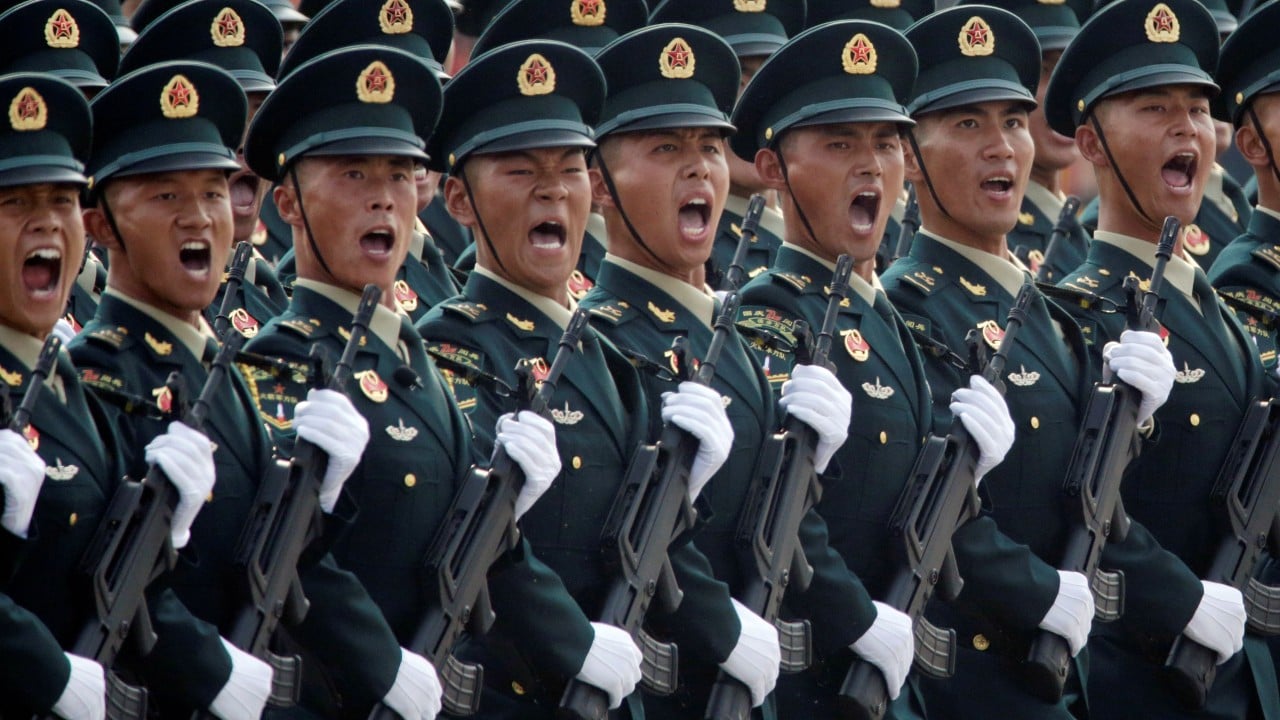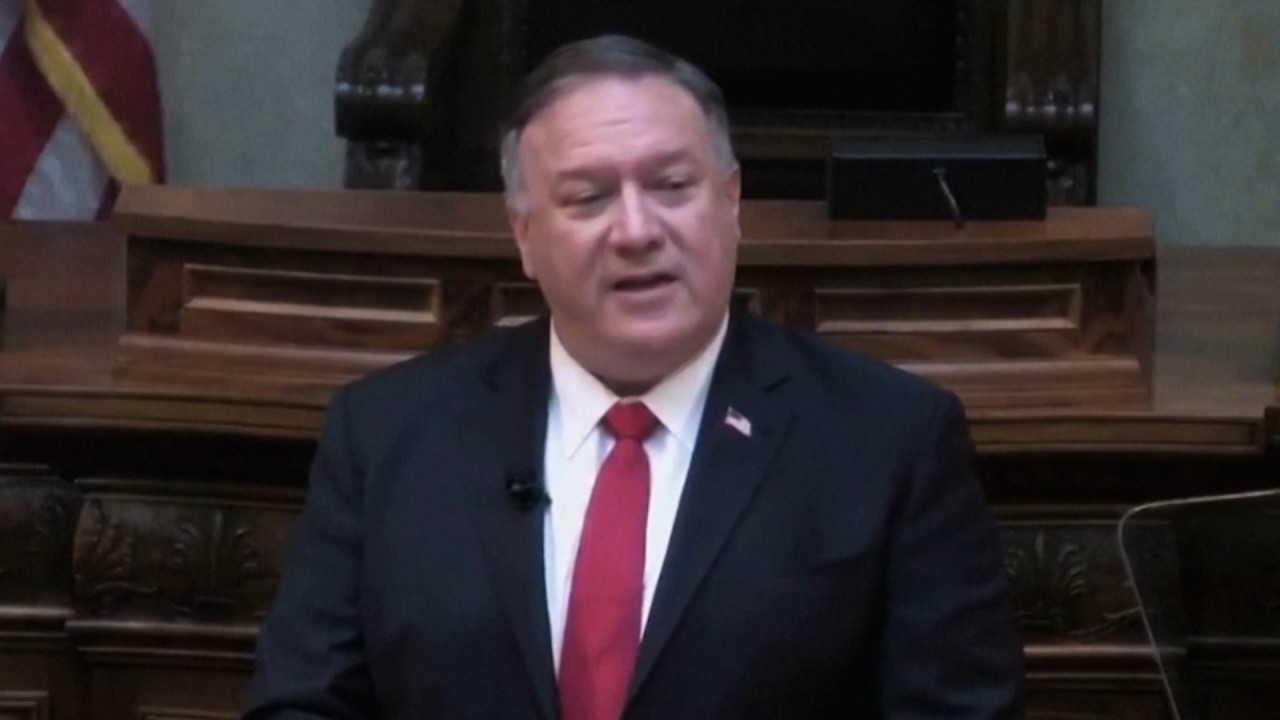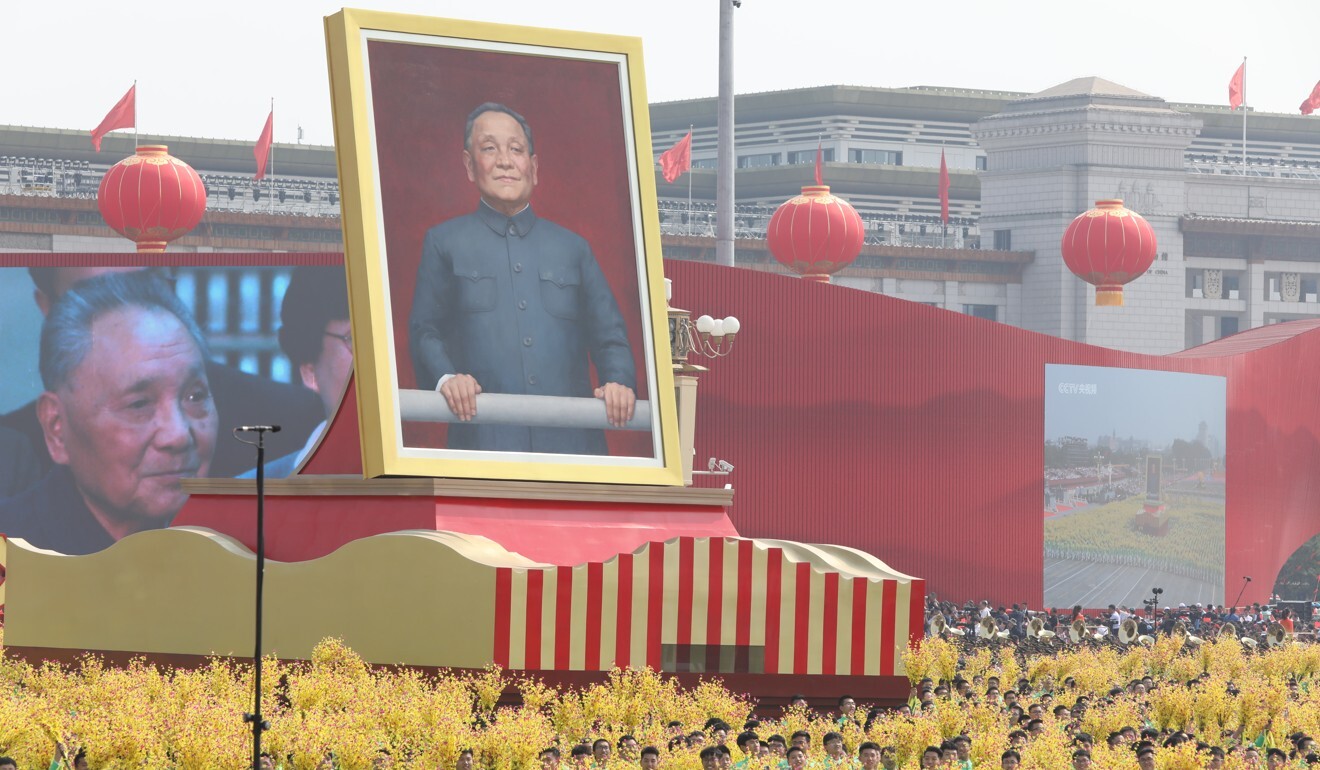
US-China relations: Beijing should contain ‘extreme nationalism’, ex-diplomat warns
- Yuan Nansheng, vice-president of a foreign ministry think tank, also says it’s a ‘misjudgment’ to believe America’s superpower status is on the wane
- He calls for a more cautious approach in an article on changes he says will reset bilateral ties when the coronavirus pandemic is over
Beijing should contain the rise of populism and “extreme nationalism” in China, a former senior diplomat has warned, and he said it was wrong to think the United States is in decline.
“In the post-pandemic era, US policy towards China could shift focus to containment and towards a ‘new Cold War’,” he wrote in the article posted on the WeChat account of Peking University’s Institute of International and Strategic Studies on Tuesday.
“Although it is unlikely that China and the US will go down the road of decoupling, this possibility cannot be eliminated and should be given careful attention,” said Yuan, whose last diplomatic posting was as China’s consul general in San Francisco.

04:12
Are Xi Jinping’s China and Donald Trump’s US destined for armed conflict?
“Although China has done well in the fight against the pandemic, to see this as a historic opportunity for China’s rise is a strategic misjudgment. If we let populism and extreme nationalism flourish freely in China, the international community could misinterpret this as Beijing pursuing ‘China First’,” Yuan said, referring to US President Donald Trump’s “America First” policy.
How Donald Trump has taken America closer than ever to China
“The pandemic has heavily burdened the American economy, but this does not mean that the Chinese economy will therefore benefit from this opportunity,” Yuan said. “With top-notch technology, the biggest consumer market, financial market and global currency, the US could be the first to walk out of economic crisis and get back on track.”
He added that it was a “misjudgment” to believe that America’s superpower status was on the wane.

01:06
Mike Pompeo urges US officials to beware China’s attempts at engagement
Beijing also needed to be alert to the changing dynamics in the “geopolitical triangle” of China, the US and Russia, according to Yuan. He said Moscow could benefit from the worsening US-China ties, just as Beijing had done from the rift between Russia and the US.
“Decoupling between China and the US would mean that China would become the focus [in the triangle] which would leave little room for Chinese diplomacy,” he said, adding that consideration should be given to how the triangle would evolve if the two countries did decouple.

With relations in free fall, Yuan also suggested Beijing draw on former leader Deng Xiaoping’s foreign policy mantra of “hide your strength, bide your time”.
“Some people think adopting this strategy [of Deng’s] shows weakness – this is a complete misunderstanding … Soldiers flash swords, but in diplomacy put your sword back in its scabbard – it doesn’t have to be revealed for people to know it’s there,” Yuan wrote. “Chinese diplomacy needs to be stronger, not just tougher.”

